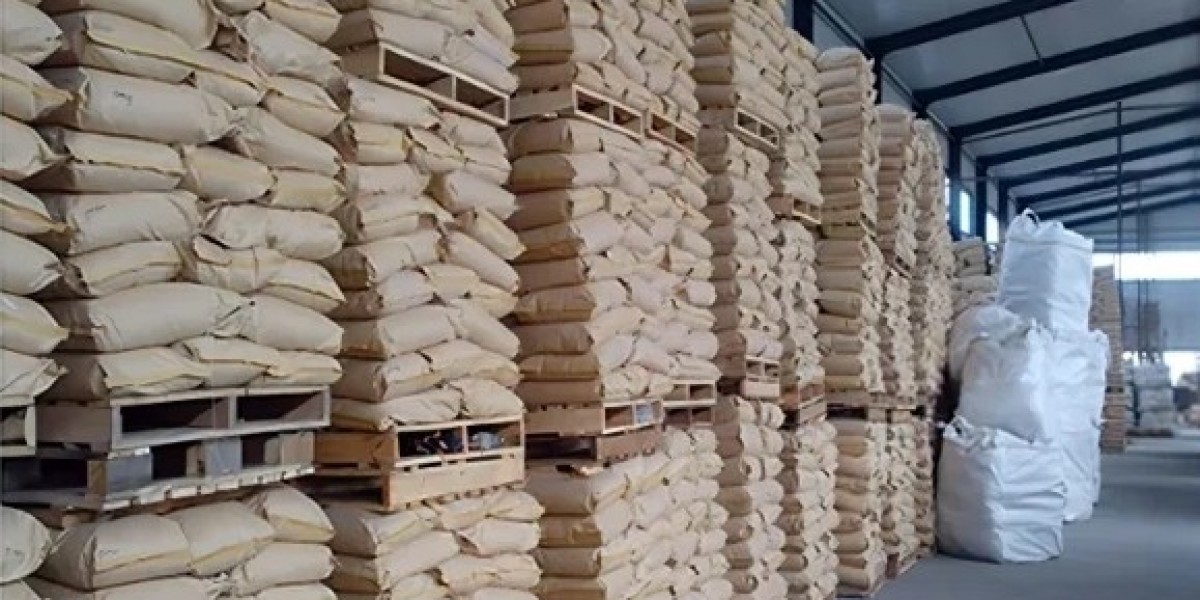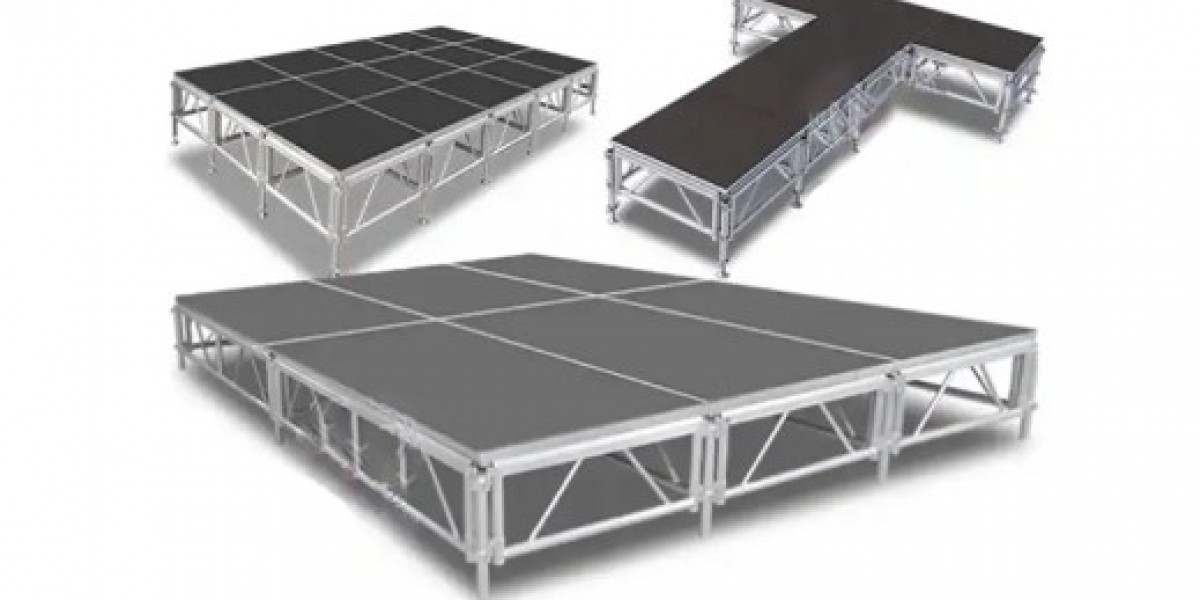Dry mortar is a mixture of cement, sand, and additives that is used in construction projects. It is a pre-mixed mortar, which means it is ready to use and does not require any additional water or mixing on-site. Dry mortar offers several advantages over traditional wet mortar, making it a popular choice in the construction industry. In this article, we will explore the various benefits of using dry mortar in construction projects.
Improved Quality Control
One of the main advantages of usingdry mortaris the improved quality control it offers. Since dry mortar is pre-mixed in a controlled environment, it ensures consistency in the composition and quality of the mortar. This eliminates the risk of human error and ensures that the mortar meets the required specifications. The use of dry mortar also reduces the chances of on-site mixing errors, such as incorrect water-to-cement ratio, which can affect the strength and durability of the mortar.
Time and Cost Savings
Using dry mortar can significantly reduce the construction time and costs. Since dry mortar is ready to use, it eliminates the need for on-site mixing, which can be time-consuming and labor-intensive. The pre-mixed nature of dry mortar also reduces the amount of waste generated during construction, as only the required amount of mortar is used. This leads to cost savings in terms of material and labor. Additionally, the use of dry mortar reduces the curing time, allowing for faster construction progress.

Increased Productivity
Dry mortar enhances productivity on construction sites. With traditional wet mortar, workers need to spend time and effort in mixing the mortar, which can be physically demanding and time-consuming. On the other hand, dry mortar is ready to use, allowing workers to focus on other tasks, such as bricklaying or plastering. The use of dry mortar also reduces the number of workers required on-site, as the pre-mixed mortar can be easily applied by a smaller team.
Better Workability and Bonding
Dry mortar offers better workability and bonding properties compared to traditional wet mortar. The pre-mixed nature of dry mortar ensures a consistent composition, resulting in a uniform and smooth texture. This makes it easier to apply and work with, improving the overall efficiency of the construction process. Dry mortar also provides better bonding strength, ensuring a strong and durable structure. The additives in dry mortar can be customized to enhance specific properties, such as water resistance or flexibility, depending on the project requirements.

Reduced Environmental Impact
Dry mortar has a lower environmental impact compared to wet mortar. The pre-mixed nature of dry mortar reduces the amount of water required during construction, resulting in lower water consumption. This is particularly beneficial in areas with water scarcity or where water conservation is a priority. Dry mortar also generates less waste compared to wet mortar, as only the required amount of mortar is used. Additionally, the manufacturing process of dry mortar can be optimized to reduce energy consumption and greenhouse gas emissions.
Versatility and Flexibility
Dry mortar offers versatility and flexibility in construction projects. It can be used for various applications, such as bricklaying, plastering, tiling, and flooring. Dry mortar can be customized to meet specific project requirements, such as different strength grades or color options. The additives in dry mortar can also be adjusted to enhance specific properties, such as adhesion, workability, or water resistance. This flexibility allows for greater design possibilities and ensures that the mortar meets the desired performance standards.

Conclusion
Dry mortar offers several advantages over traditional wet mortar in construction projects. It provides improved quality control, time and cost savings, increased productivity, better workability and bonding, reduced environmental impact, and versatility. These benefits make dry mortar a preferred choice for many construction professionals. By utilizingdry mortar, construction projects can be completed more efficiently, with higher quality and reduced environmental impact.
Dry Mortar: Revolutionizing Construction with Efficiency and Versatility







